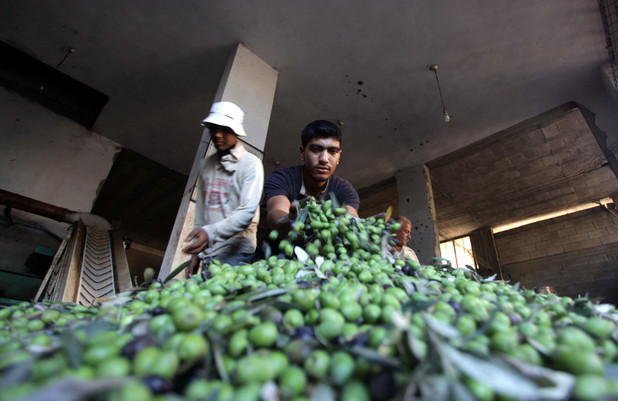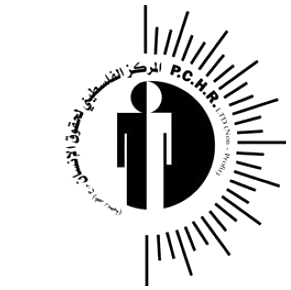Category: In the Media
-
Gaza farmers succeed in tending to olive harvest — with international support
16th November 2013 | The Electronic Intifada, Joe Catron | Gaza City, Occupied Palestine During the recent olive harvest, which lasted from the end of September through October, dozens of Palestinian volunteers joined farmers in their groves near the tense barriers of the Gaza Strip. The volunteers worked during a week at the height of the harvest season, from…
-
South Hebron Hills’ outpost of Havat Ma’on continues to expand. Despite documentation, Israeli officials deny knowledge of expansion
11th November 2013 | Operation Dove | At Tuwani, Occupied Palestine The Israeli outpost of Havat Ma’on (Hill 833) in the West Bank’s South Hebron Hills is growing at a phenomenal rate since the beginning of October. On Saturday November 9, the activist group of Ta’ayush (an Arab and Jewish grassroots nonviolent movement) and international…
-
After Gaza Power Plant Forced off, Humanitarian Conditions of Approximately 1.7 million Palestinians in the Gaza Strip Deteriorate
8th November 2013 | Palestinian Centre for Human Rights| Occupied Palestine The Palestinian Centre for Human Rights (PCHR) expresses deep concern over the deterioration of humanitarian conditions of the civilian population due to the aggravation of the electricity crisis in the Gaza Strip. On Friday morning, 01 November 2013, the operation of the Gaza power…



